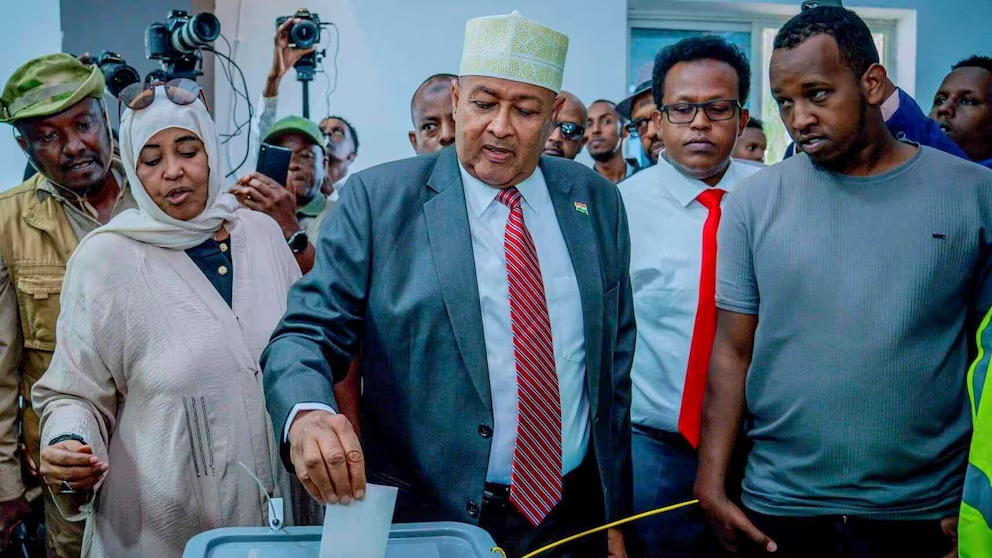Questions on the Status of Ankara Communique between Ethiopia & Somalia are Increasing
Concerns are mounting regarding the current status of the Ankara communiqué, which was designed to pave the way for a comprehensive agreement between Somalia and Ethiopia by May 2025. This timeline holds significant importance for both nations, yet officials have been notably reticent about any complications that may be obstructing the ongoing negotiations. Interestingly, even the Turkish government, which has actively facilitated and supported these discussions, has not offered any recent updates or insights into the progression of talks. Continue reading “Questions on the Status of Ankara Communique between Ethiopia & Somalia are Increasing”














You must be logged in to post a comment.